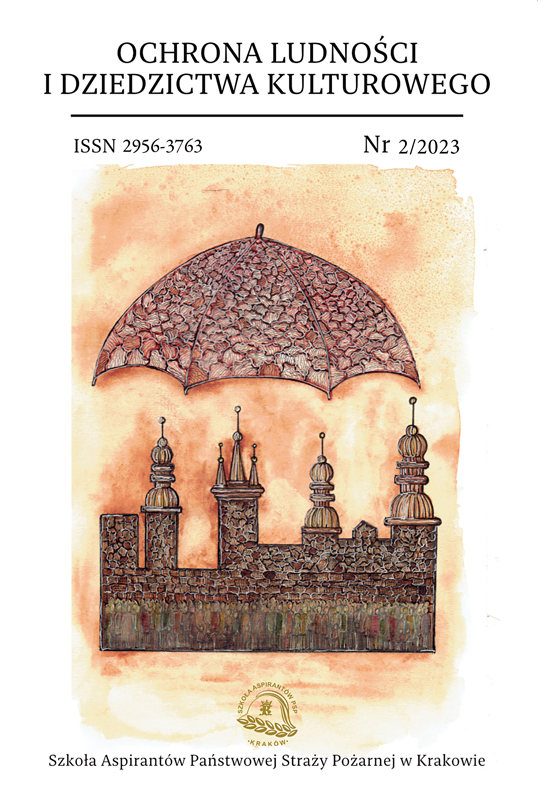Bezpieczeństwo materiałów archiwalnych w koncepcjach nowoczesnych budynków archiwalnych
Security of archival materials in the concepts of modern archival buildings
Author(s): Barbara BerskaSubject(s): Museology & Heritage Studies, Architecture, Library and Information Science, Archiving, Preservation
Published by: Wydawnictwo Uniwersytetu Jagiellońskiego
Keywords: archival building; archival materials; National Archives in Krakow; safeguarding collections; state archives
Summary/Abstract: Archival buildings are increasingly being constructed in ways that help reduce energy consumption. This applies mainly to repositories, but in some cases also applies to other functional parts of the archive. By opting for environmentally friendly solutions, archives reduce their dependence on technical installations and thus achieve greater security of building use, in addition to reducing operating costs by reducing energy consumption. The archive building must be properly prepared for long-term storage of archival materials. It must also meet the requirements for a friendly public institution, well prepared to serve and meet the diverse needs of users in the field of state archives activities. The functions performed affect its design, equipment and the installations, technologies and functional solutions used. The state of preservation of collections collected, stored and accessed in archives is influenced by a wide variety of factors, and largely depends on the conditions of the internal environment in which the collections are stored, but also on the functional, architectural or structural solutions used. An example of a modern archival building, referring, in terms of the above solutions, to the best examples of facilities designed to secure archival resources built in Europe is the National Archives in Krakow.
Journal: Ochrona ludności i dziedzictwa kulturowego
- Issue Year: 2023
- Issue No: 2
- Page Range: 69-82
- Page Count: 14
- Language: Polish

